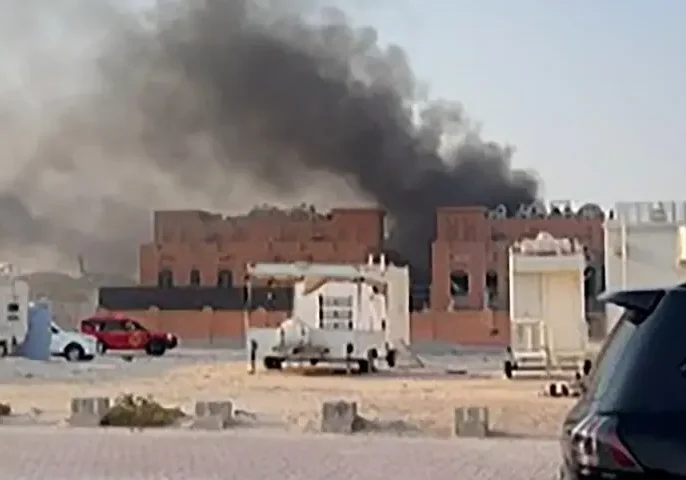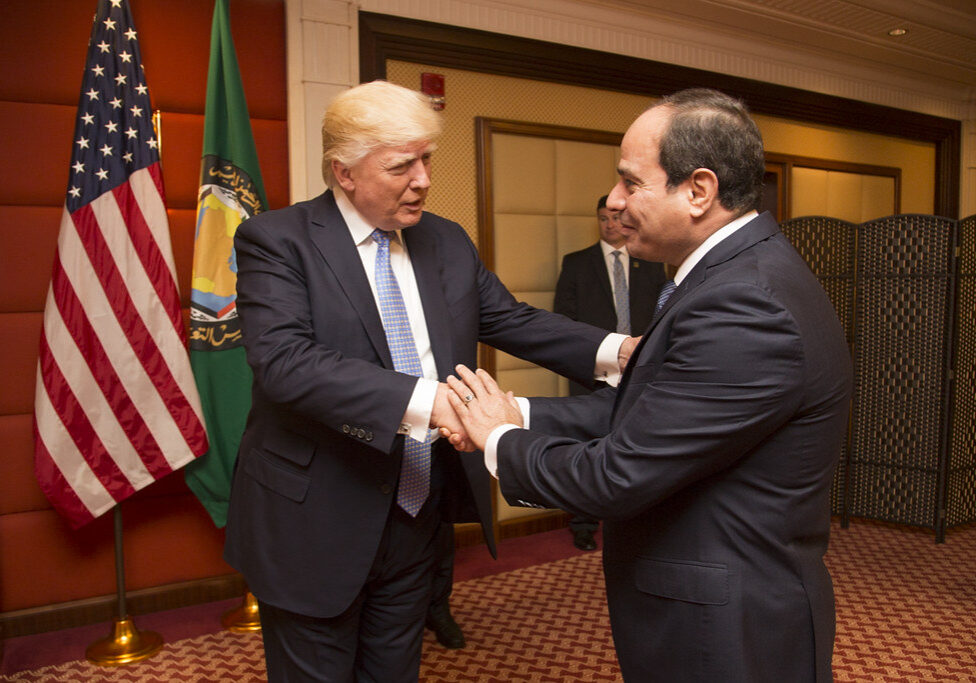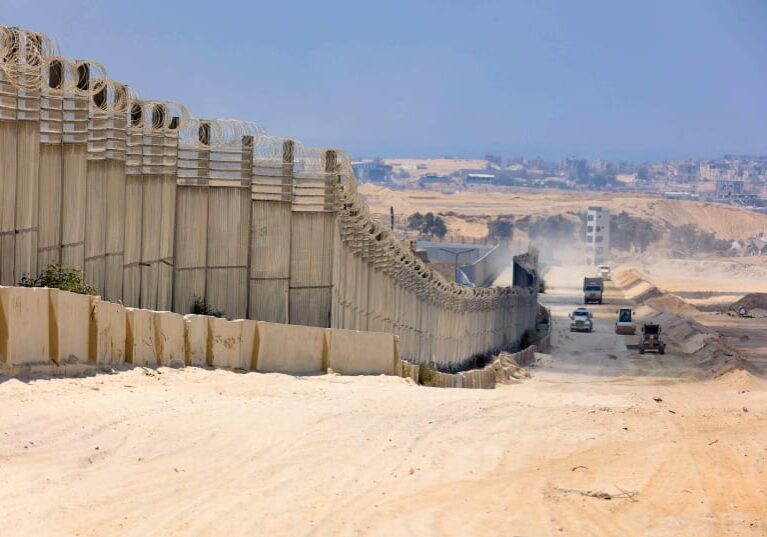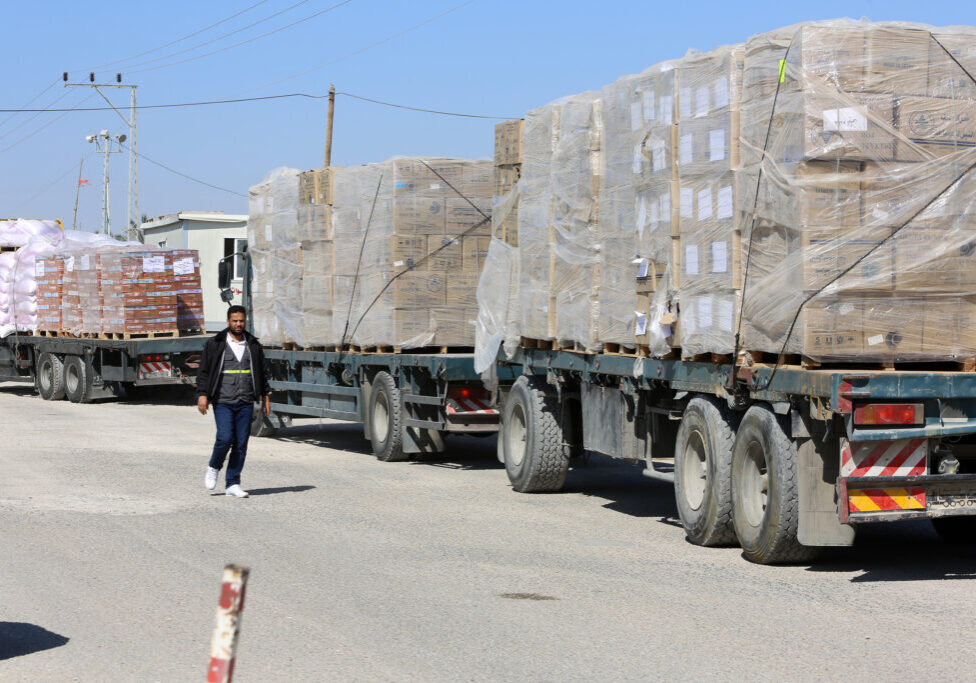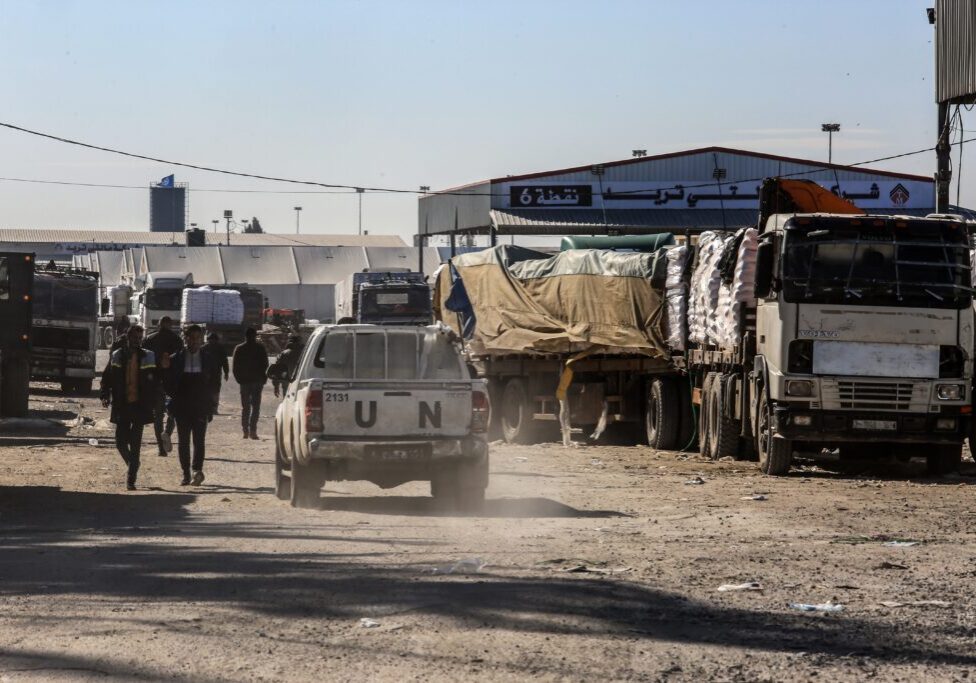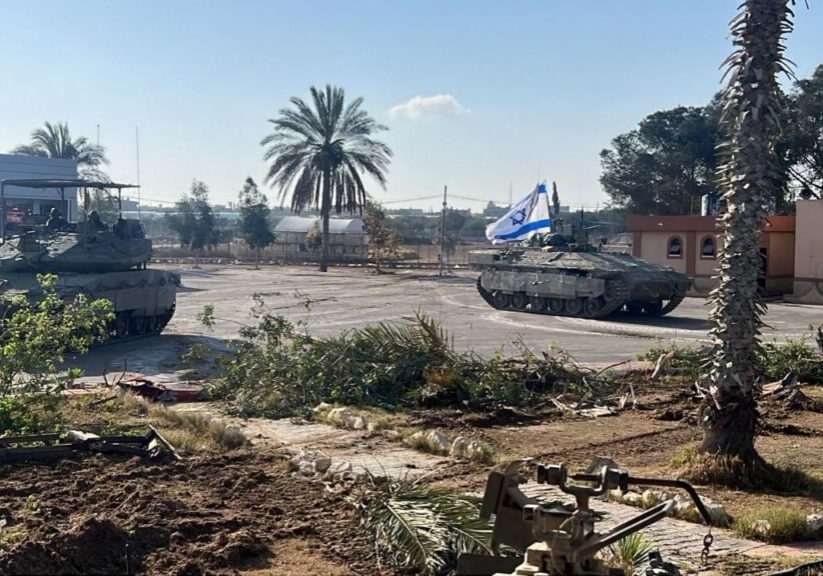Australia/Israel Review
The Decline of Wilayat Sinai
Sep 27, 2016 | Yoram Schweitzer

Yoram Schweitzer
Wilayat Sinai, an organisation identified with Islamic State, has recently suffered a series of serious blows from the Egyptian Army. Most prominent among them was the air strike in early August 2016 that killed dozens of senior commanders, launched as part of a targeted campaign against terrorism in Egypt in general, and in Sinai in particular. The recent decline in the intensity of Wilayat Sinai’s attacks against the Egyptian army, alongside a drop in its media activity and propaganda systems, may point to cumulative damage to the organisation and a decline in its strength. The weakening of the organisation, which was considered one of the most dangerous of ISIS’ allies, has diminished its glamour in the eyes of its patron. Nonetheless, it is too early to conclude that a terrorist organisation whose power rests mainly on the resentment of an alienated population that feels economically and socially disenfranchised and lives far from the grip of an effective central government – ie. the Egyptian regime in Cairo – will not survive the intensive attack against it and regain the ability to continue its high profile terrorist activity.
The organisation Ansar Bait al-Maqdis, later renamed Wilayat Sinai, was established in Sinai in late 2011 as a local branch identified with al-Qaeda, and developed over the years into an organisation with impressive capabilities in terrorist and guerrilla activity,able to launch complex, lethal military attacks with a variety of modes of operation. Over the five years of its existence, the organisation launched numerous strikes against the Egyptian regime, primarily in the Sinai Peninsula but in mainland Egypt as well. Attacks over the years included operations against energy and infrastructure targets in Sinai, which disrupted the flow of gas from Egypt to Israel and Jordan, as well as attacks on police stations and military bases and outposts that led to the deaths of many dozens of Egyptian soldiers and police. The organisation has also targeted Israel: in 2011, it undertook a terrorist attack on Highway 12 near Eilat, which caused the death of eight Israelis, six of them civilians; it was responsible for the attempt to blow up an APC full of explosives in the vicinity of Kerem Shalom, near the Gaza border, in 2012; it sent a suicide attacker whose plot was foiled by the Egyptians during Operation Protective Edge (2014); and it launched a rocket toward Eilat in 2015.
After the unification with the Islamic State, Wilayat Sinai became one of its most prominent and dangerous partners. Reports by the Tahrir Institute for Middle East Policy show that since the unification of Ansar Bait al-Maqdis with ISIS and the assumption of its new role as the “Sinai Province” in November 2014, some 800 people have been killed by its operations, more than half of them security personnel. The Egyptian group’s most significant action was in October 2015, when one of its members succeeded in bringing down a Russian passenger plane using a bomb that its members planted in the belly of the aircraft, which took off from Sharm el-Sheikh airport. This attack caused the death of all 224 passengers and crew.
The Egyptian army and security forces in Sinai have taken action against the organisation, killing many of its commanders and combatants in a series of targeted operations carried out from time to time. However, it appears that only in the past few months has Egypt had significant success in its military campaign against the organisation and caused significant evident damage to its ranks. Within this framework, there were reports of an air strike on the organisation’s bases in Jabel Hilal a few months ago, and more recently in the area southwest of el-Arish in northern Sinai that killed 45 of the organisation’s members, including the man considered its commander, Abu Duaa al-Ansari.
Even though the organisation still carries out almost daily attacks on army and police posts in the areas of el-Arish, Sheikh Zuweid and Rafah, and continues to kill and injure soldiers and commanders, it seems that there has been a decline in the complexity of the attacks, which in the past were well planned and caused heavy losses. A large number of fighters participated in these attacks, and combined suicide attacks with massive missile fire against army bases and police stations, including with advanced Kornet anti-tank missiles. In contrast, the organisation’s recent operations have been more limited, consisting of ambushes, light arms fire, and use of IEDs.
It also seems that effective Egyptian operations against Hamas’ tunnels built on the border between Sinai and the Gaza Strip, which served as a central corridor for Wilayat Sinai’s smuggling of weapons and activists for training, refuge, and medical care, are hampering its operations. Egyptian political pressure on Hamas’ leadership to cease these ties has also had an effect: the Hamas leadership has recently been very cautious about these ties, though they have not been severed.
ISIS, facing a powerful attack by the Western-Arab coalition and the Russian-Iranian alliance, is likewise in a process of retreat while suffering a loss of territory in Iraq, Syria, and Libya. In turn, it is less able to aid the organisation in Sinai and its partners among the Salafist-jihadi organisations in Gaza. The decline in Wilayat Sinai’s successes, and the fact that it is currently not demonstrating its strengths as a significant player in the Sinai region and Egypt in general, may also lead to the decline in its prestige in Islamic State’s eyes.
In tandem, over the past year Wilayat Sinai has increased the intensity of its threats against Israel. In October 2015, January 2016, and most recently in August 2016, the organisation’s spokesmen have promised that they will act against Israel and that the organisation retains its promise to work toward the liberation of al-Aqsa Mosque. In a video on August 2, 2016, the organisation promised Israel that “we have a long-standing account with you, and you will soon pay the price.” In the same video, Islamic State leader Abu Bakr al-Baghdadi promised not to forget Jerusalem and threatened the Jews that “your land will not be yours for long, it will be your graveyard.”
The implication is that Wilayat Sinai sees Israel as a partner in the Egyptian campaign against it, and hence its drive to take revenge against Israel. Wilayat Sinai’s increased threats may reflect the goal to deter Israel from continuing to support the Egyptian operations. In addition, the organisation also seems interested in proving to its patron, the Islamic State, the advantages of the partnership, in the hope of receiving active assistance. It also believes that attacking Israel could earn it the broad support of Muslims around the world who identify with the resistance to Israel, and lament the fact that Israel has not sustained losses inflicted by the Islamic State and its allies.
It is clear, however, that Wilayat Sinai’s main efforts remain focused on the Egyptian army, security forces, and police in Sinai. It continues its efforts to carry out terrorist attacks in Egyptian cities, especially in the Cairo area, the Delta, and the Suez Canal. Despite the significant decrease in the effectiveness of its operations over the past few months, it is too early to state that Egypt is on the verge of defeating Wilayat Sinai and removing the danger it poses to the security of Sinai and Egypt as a whole. Egypt must continue to deal with the popular base of support for the organisation, through massive investment in building an economic infrastructure in Sinai and in improving the welfare of the local civilian population that has been neglected for many years – in the hope that this too will aid in preventing terrorism.
The defeat of Wilayat Sinai could contribute greatly to the overall fight against ISIS and its image among Muslim populations. Therefore, supporting Egypt in its efforts to eliminate the organisation is of the utmost importance. In this framework, and subject to Egypt’s consent, Wilayat Sinai should be included among the groups targeted by the international coalition, which is gaining momentum in its war against ISIS and its allies in Libya, Iraq, and Syria. Israel can join in these efforts and thus contribute to the international campaign against terrorism, while making its southern border with Sinai and Gaza more secure. Steps in these directions are important, since despite the apparent recent weakening of Wilayat Sinai, the organisation clearly has no intention of relinquishing its efforts, and intends to continue its terrorist activity, including against Israel.
Yoram Schweitzer, an expert on international terrorism and head of the INSS Program on Terrorism and Low Intensity Conflict, is a Senior Research Fellow at the Institute for National Security Studies (INSS) at Tel Aviv University. Aviad Mendelboim and Nurit Yohanan also contributed to this article. © INSS, reprinted by permission, all rights reserved.
Tags: Egypt

